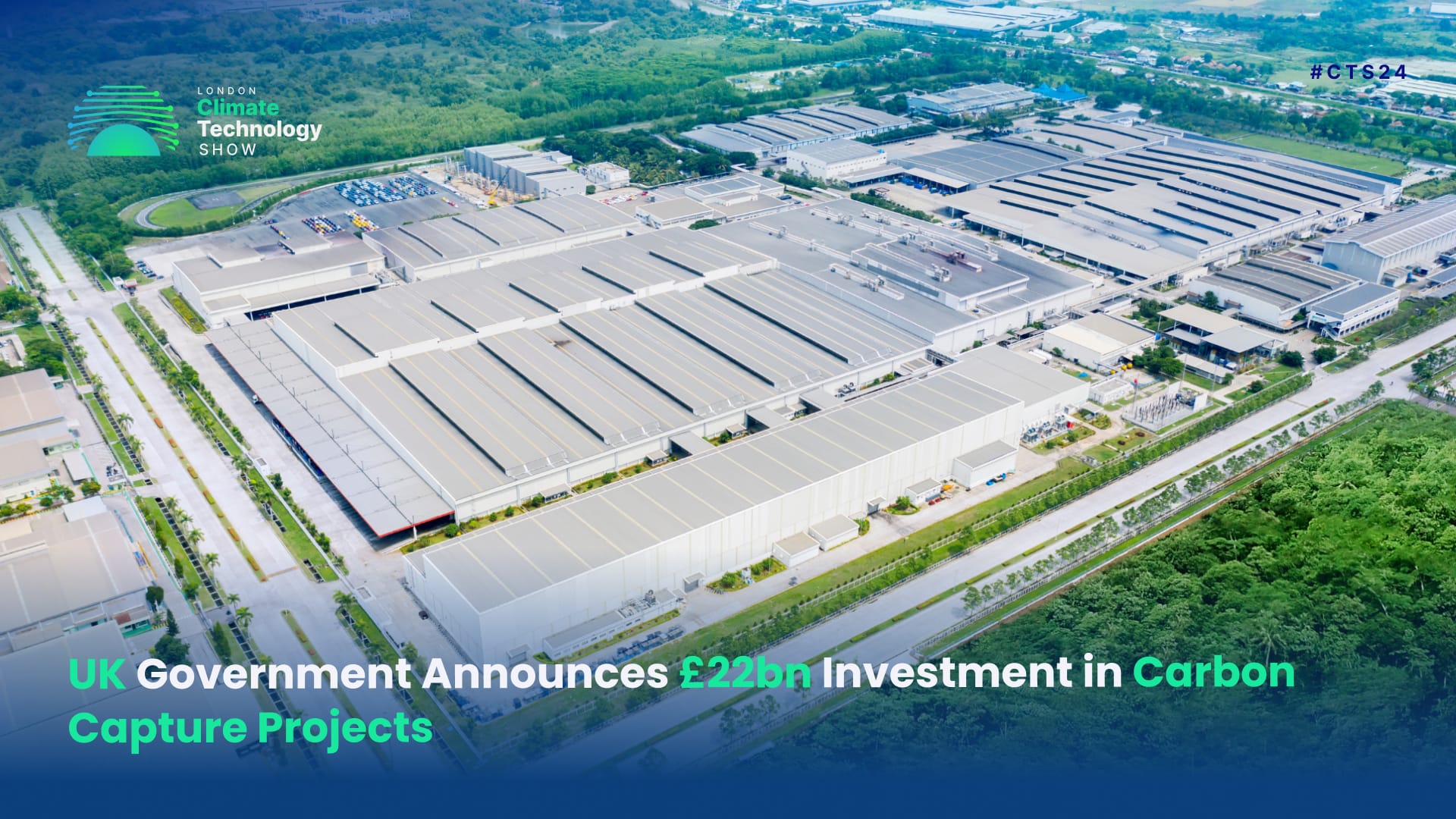October 4, 2024: The UK government has announced a substantial investment of nearly £22 billion for projects focused on capturing and storing carbon emissions from energy, industry, and hydrogen production. This funding, promised over the next 25 years, aims to develop two carbon capture clusters located in Merseyside and Teesside. The initiative is expected to create thousands of jobs, attract private investment, and assist the UK in meeting its climate goals.
Carbon capture and storage facilities are designed to prevent carbon dioxide (CO2) produced from industrial processes and power stations from being released into the atmosphere. The majority of the CO2 generated will be captured, transported, and stored deep underground. This approach is considered crucial in achieving targets to reduce greenhouse gas emissions, which contribute to climate change.
The new funding will subsidise three projects on Teesside and Merseyside, including the necessary infrastructure for transporting and storing carbon. Additionally, it will support two transport and storage networks that will carry captured carbon to deep geological storage sites in Liverpool Bay and the North Sea. The Merseyside and Teesside projects are part of a broader strategy announced in 2023, aiming to capture and store between 20 and 30 million tonnes of CO2 annually by 2030.
The government anticipates that this initiative will instil confidence in industry, encouraging approximately £8 billion of private investment, directly creating around 4,000 jobs, and supporting up to 50,000 jobs in the long term. Officials also estimate that the projects will help eliminate 8.5 million tonnes of carbon emissions each year. The carbon capture operations are projected to commence by 2028.
The UK’s £22 billion investment in carbon capture projects seeks to address climate change and stimulate economic growth in targeted regions. Balancing these goals will be crucial for achieving sustainable progress.
Moreover, fostering innovation in carbon capture technology can drive economic competitiveness, positioning the UK as a leader in a burgeoning global market. As such, a balanced approach that prioritises both ecological integrity and economic resilience will be essential in realising the full potential of this initiative. By doing so, the UK can pave the way for a sustainable future that addresses climate change while also uplifting communities and creating lasting economic benefits.


